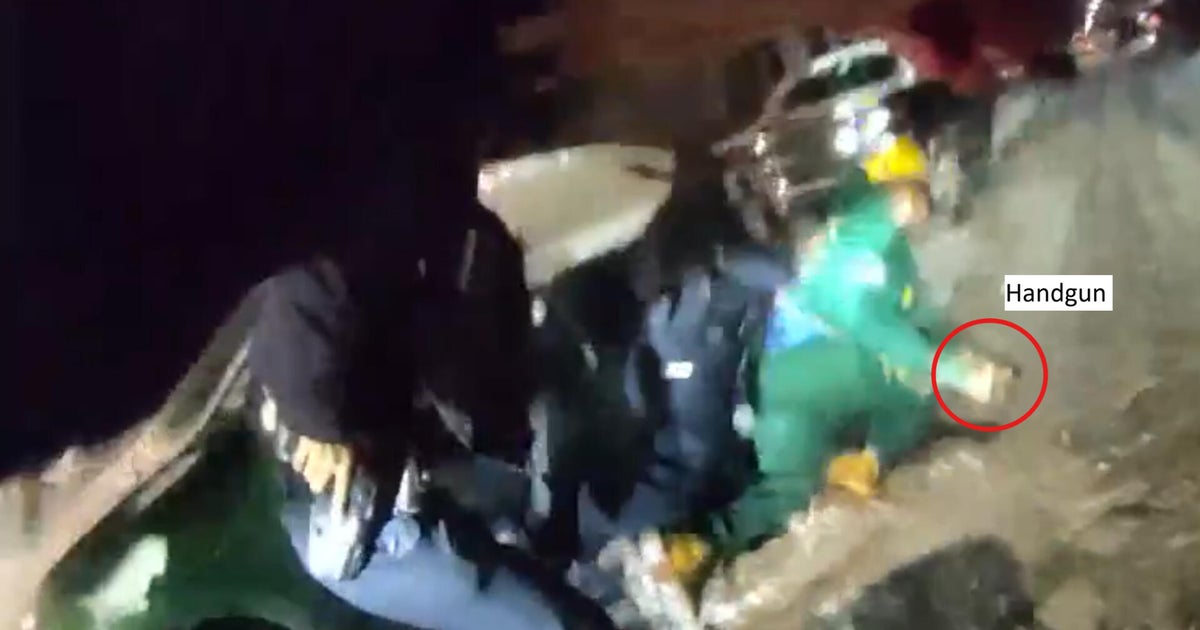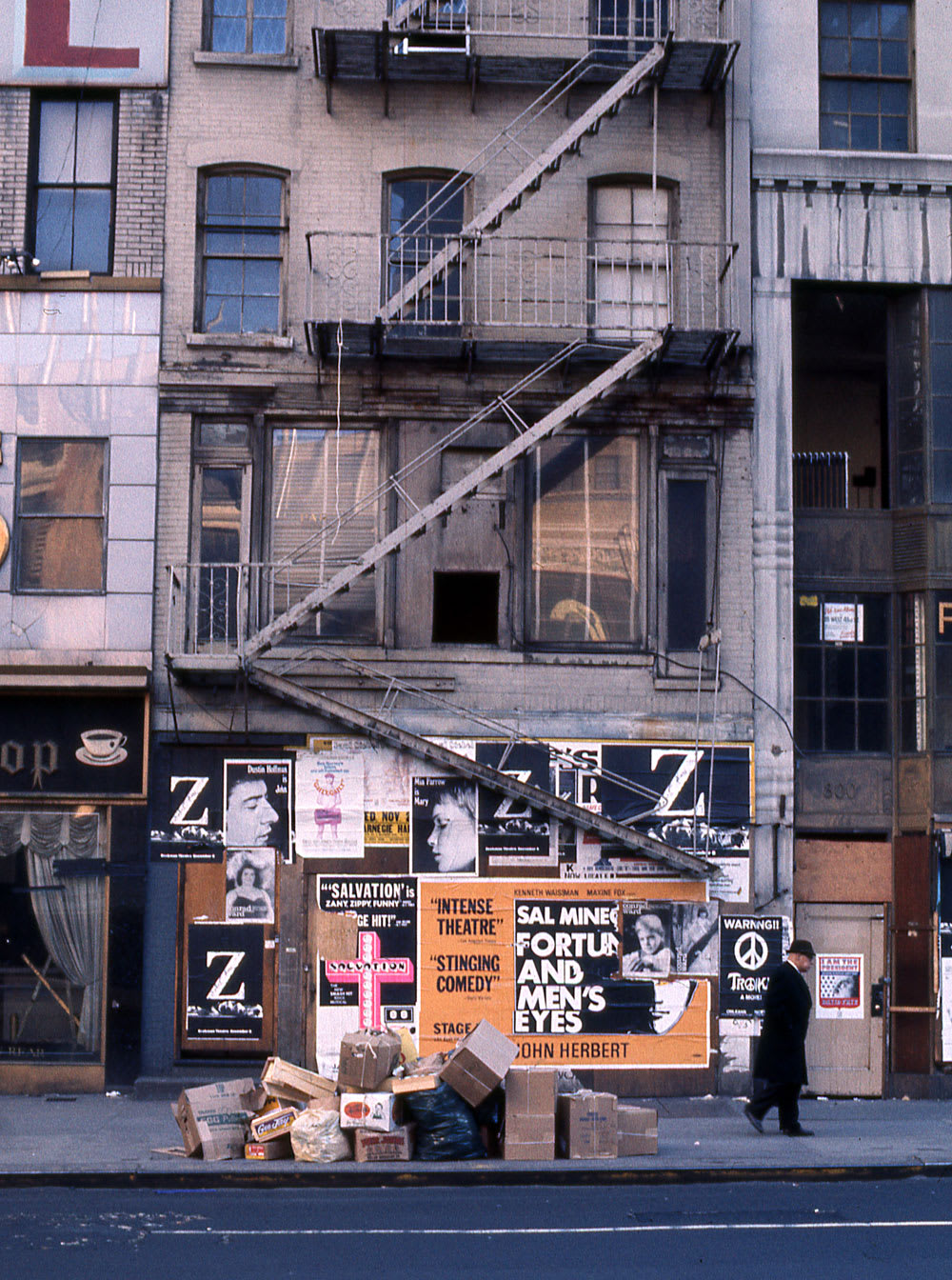If coronavirus kills one person's income, the ripple effects can be endless
With so many Americans stuck inside during the coronavirus pandemic, very few are spending money like they used to, especially the more than 20 million people now out of work. But what happens when there's suddenly so much social distancing with our dollars?
Last month, Denise Milhouse lost her job as a home health aide in Brooklyn.
"I'm not spending money," she told "CBS This Morning" co-host Tony Dokoupil.
Milhouse said she's having a hard time paying rent and is no longer able to visit her favorite neighborhood spot, The New Apollo Diner. She said she normally spends about $200 a month there.
The diner's owner, Mike Misiriotis, said he's worried that without income from customers like Milhouse, his business won't be able to survive. But, he said, he understands why they aren't spending money.
"She's in the same boat of — 10 or 20 of my other customers have told me every single day," he said.
The same way Misiriotis can't spend money at Misiriotis' diner, Misiriotis has had to reduce his spending because of the decrease in his business.
"There's no way that I could ever recover from the economic hole that I'm in right now, the rent that I owe, the mortgage payments that I owe out. I'm fixing my business — my distribution bills, my utility bills. It's either that or Chapter 11," he said.
Among the cutbacks, Misiriotis is no longer spending hundreds of dollars each month at a nearby hardware store, where a manager told CBS News that business is down at least 30%.
Cascading losses like these, bouncing from a home health worker to a hardware store, illustrate how one person's spending is another person's income. And when that spending dries up, the ripple effects can be endless.
In Collegeville, Pennsylvania, a similar chain started with Gina Katona. Two members of her family are now out of work, so she'll have to put off plans to fix her broken-down car.
"I was saving up to try to get it back. I couldn't even afford to have it towed before the shutdown, before they lost their jobs, so now that they lost their jobs, it's never going to happen," she said.
When her funds dried up, the local auto mechanic, Ryan Miller, lost his shot at a payday too.
"If I'm losing income ... then I have to start cutting back on any inventory I hold, which will in turn affect the different local part companies," Miller said.
Miller would normally spend up to $200 in a month on companies like Bob's Auto Parts, but he won't this month. That impacts owner Debbie DiBattista, along with the people who work for her.
"I've had to make tough decisions ... unfortunately lay off employees," DiBattista said. "And it's daunting. It's, you know, it's a challenge."
Every layoff is an individual disaster, but also part of a widening national crisis.
As economist Hank Eskin has witnessed: cash connects us all. His website, Where's George?, allows people to track the spread of money through the economy using the serial numbers on bills.
Since the virus struck, he said, hits on Where's George are down about 50%, suggesting circulation is down too.
"The ripple effect will probably last, I'm guessing, a generation or probably two generations, long after, you know, we're gone, it's still going to be recovering from this," Eskin said.
For now, DiBattista said the stress is hard to bear, but there is solace in knowing she's not bearing it alone.
"It's not easy because it's no one's fault," she said. "My employees did nothing to deserve this. That repair shop did nothing to deserve it. The woman whose car broke down did nothing to deserve it. Everyone's working hard and ... it's not like you're the only one, you're isolated. Talking to other businesses, other people helps you feel like everybody has something in common. Like this is something that we're all kind of united together to try to get through."
DiBattista offered to donate parts to help fix Katona's car and said anything she can do to help people like Katona will ultimately help her and her employees recover.



